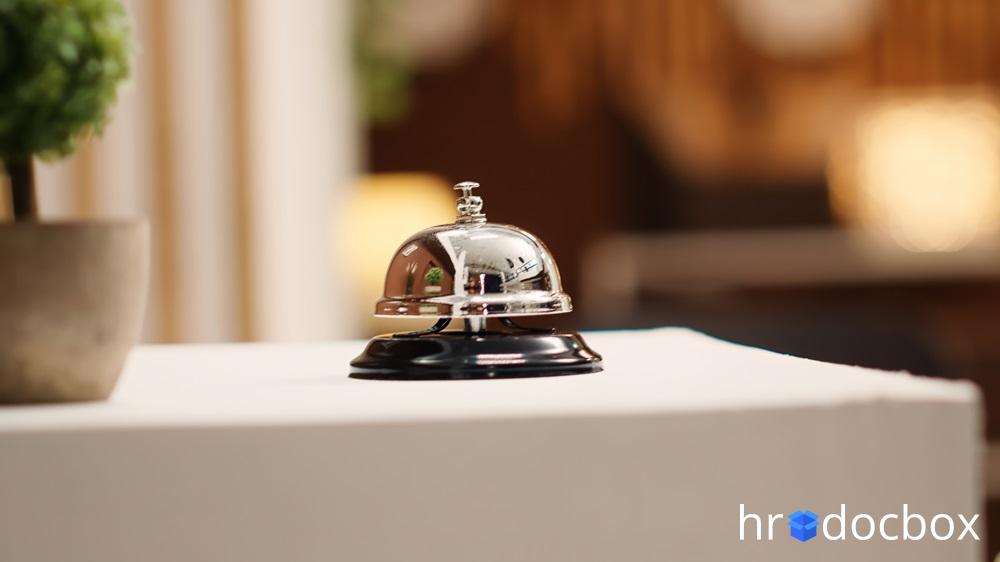UK Hospitality Industry Faces Mounting Challenges
Strategic Leadership Essential for Survival
Darryl Horn, Wednesday, 28 August 2024 • 5 min read
As the UK hospitality industry navigates an increasingly complex landscape, the challenges posed by economic pressures, labour shortages, and shifting consumer behaviours are putting businesses to the test. Industry leaders warn that without swift and strategic action, the sector could face lasting damage. For those at the helm, the focus must now shift to innovative solutions that address these issues while ensuring the long-term sustainability of their operations.
Economic Pressures and Rising Costs
Hospitality businesses are grappling with significant increases in costs, particularly in food, beverage, and energy. The inflationary pressures are pushing many operators to the brink, forcing them to reconsider their pricing strategies and cost management practices.
Kate Nicholls, Chief Executive of UKHospitality, emphasised, “We are seeing cost increases across the board, and for many businesses, this is unsustainable. The challenge for leaders is to manage these costs without passing too much of the burden onto consumers, who are also feeling the pinch.”
In response to these economic pressures, revisiting procurement strategies is critical. Negotiating with suppliers for better rates, exploring alternative sources, or even investing in more sustainable practices can help mitigate rising costs. Additionally, implementing cost-saving measures that maintain service quality, such as optimizing energy usage and reducing waste, can make a significant difference.
Labour Shortages and Retention
The hospitality sector is facing a critical shortage of workers, exacerbated by Brexit and the aftermath of the pandemic. Recruitment struggles are widespread, with many businesses finding it difficult to attract and retain talent in a competitive job market.
Emma McClarkin, Chief Executive of the British Beer & Pub Association, noted, “Staffing shortages are one of the most significant challenges facing the sector today. It’s not just about filling positions—it’s about retaining skilled workers in an environment where many have left the industry for good.”
To combat labour shortages, creating an attractive work environment that prioritizes employee well-being and development is essential. This could include offering more flexible working conditions, improving benefits packages, and investing in training programs that provide clear career progression paths. Recognizing and rewarding performance can also help reduce turnover and build a more committed workforce.
Shifting Consumer Behaviour and Innovation
With consumers becoming more cautious about their spending, there has been a noticeable shift towards at-home experiences and reduced footfall in traditional hospitality venues. This change in behaviour poses a challenge but also presents an opportunity for innovation.
Nicholls observed, “Consumers are looking for value, but they are also seeking unique experiences. This is a time for businesses to innovate and offer something different that will draw people back.”
Fostering a culture of innovation is key, encouraging employees at all levels to contribute ideas for enhancing the customer experience. Developing new service models, diversifying offerings, or leveraging technology to create more personalized and engaging interactions can help businesses differentiate themselves in a competitive market.
Government Support and Strategic Advocacy
While internal strategies are crucial, industry leaders are also calling for more robust government support to help the sector weather these challenges. Proposals include extending VAT relief, introducing more flexible visa policies to address labour shortages, and offering financial assistance to offset rising energy costs.
“Government intervention is essential,” says Nicholls. “Without it, we risk losing a vital part of our economy. Business leaders should not only focus on internal strategies but also engage in strategic advocacy to ensure the sector’s voice is heard.”
Collaborating with industry bodies and other stakeholders to advocate for policy changes that support the sector is vital. Engaging in collective lobbying efforts, participating in industry forums, and building relationships with policymakers can amplify the sector’s concerns and drive meaningful action.
Navigating the Road Ahead
The UK hospitality industry stands at a critical juncture, facing a confluence of challenges that require immediate and strategic responses. Balancing cost management with employee retention, fostering innovation, and advocating for supportive policies are key to survival. By taking a proactive and holistic approach, leaders can not only navigate the current crisis but also lay the groundwork for a more resilient and sustainable future.
As McClarkin aptly concludes, “This is a time for leadership and creativity. The decisions we make today will shape the future of our industry for years to come. It’s essential that we rise to the challenge.”
About the author

Darryl is a Chartered CIPD Member, business leader and operational manager with 30 years experience in on-the-ground and strategic HR, specialising in Human Resources Management, Employment Law, Employee Relations and Learning & Development.
darryl@hrdocbox.co.uk
